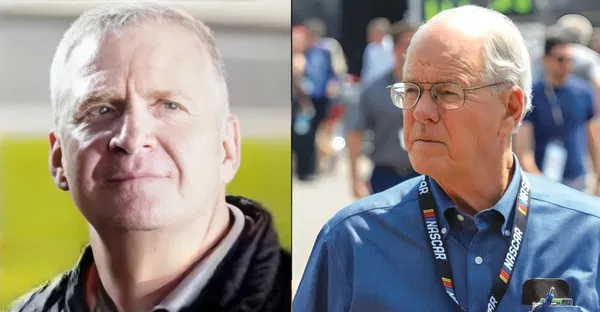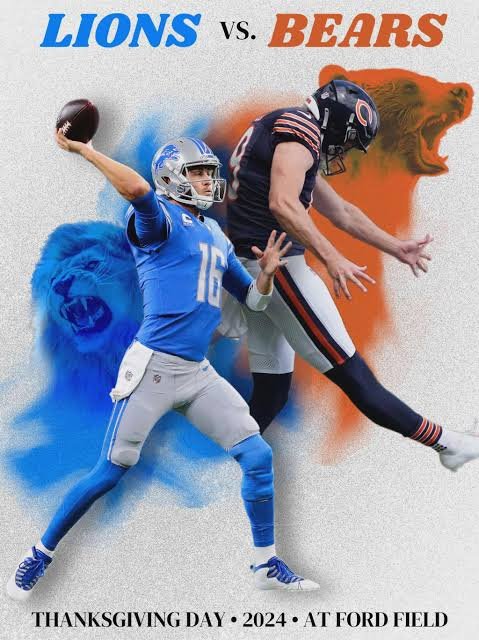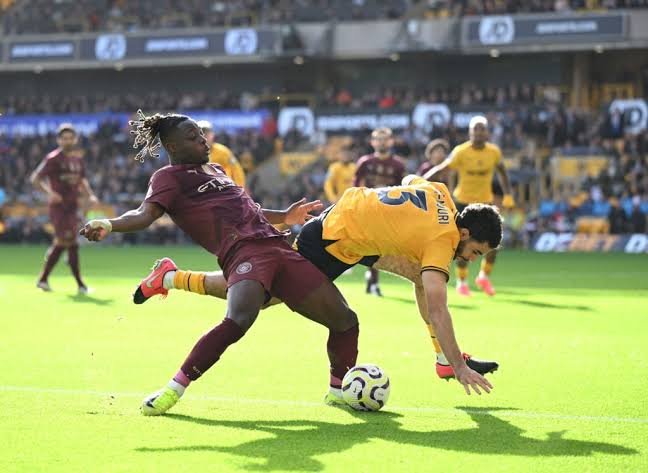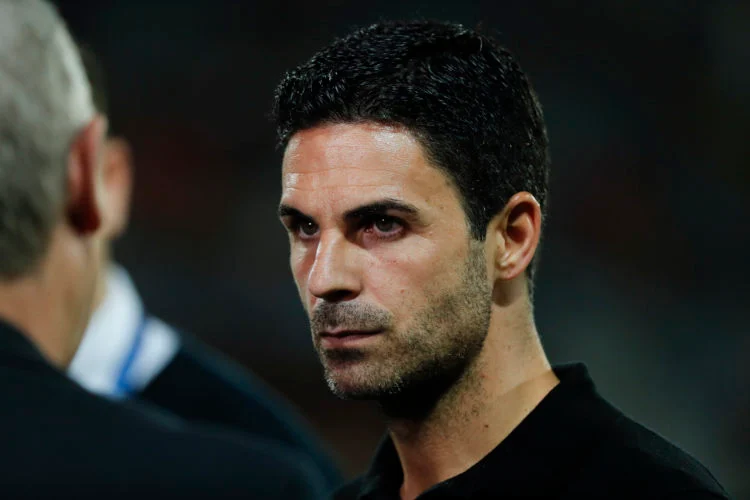The Burton Brothers Speak Out: Ward Burton Criticizes NASCAR Management Over Racing Standards and Sponsorship Dependency
The Burton family—Ward, Jeff, Harrison, and Jeb—recently reunited for a rare and revealing conversation on the Crossroad podcast, diving deep into NASCAR’s state of affairs. While Jeff Burton, known for his calculated approach to racing, reflected on advancements in the sport, his brother Ward Burton didn’t hold back in critiquing NASCAR’s current trajectory.
Ward Burton Challenges NASCAR Leadership
Ward, who retired in 2003 due to frustrations with NASCAR management, aired his concerns about the sport’s direction, particularly regarding its leadership and racing quality. While praising improvements in car safety—crediting his brother Jeff Burton and others for their contributions—Ward was critical of how racing has evolved.
“The cars are much, much safer, which is great. But the racing is no better,” Ward emphasized. He went on to criticize the sport’s reliance on sponsorship-driven decision-making, saying, “As y’all know, the sanctioning body needs to do… I think it needs to be run by racers. I got nothing against the France family, but sometimes they are not in the driver’s seat of what the racers are going through.”
Sponsorship Issues in NASCAR
Ward’s comments highlight a growing problem in NASCAR: sponsorship dependency. In recent years, several talented drivers have lost their seats due to a lack of sponsorship, rather than performance.
A prime example is Kyle Busch, who left Joe Gibbs Racing (JGR) in 2023 due to sponsorship challenges. Busch had voiced his frustrations, saying, “Did JGR try hard enough to sell me? My answer to that is no.” His departure underscored how critical sponsorships have become for teams to function effectively.
In contrast, drivers like Paul Menard, with underwhelming career stats, thrived due to family wealth. Similarly, Toni Breidinger, who joined NASCAR through Tricon Garage, was seen by fans as a marketable driver with sponsorship appeal, thanks to her status as a Victoria’s Secret model and her large social media following.
Ward’s critique cuts to the heart of this trend, pointing out how drivers are increasingly valued for their ability to bring in sponsors rather than their on-track skills.
Why Sponsorship Matters for Teams
While Ward’s criticism resonates with fans, the reality is stark: NASCAR teams rely heavily on sponsorships to survive. From paying team members to managing operational costs, running a team isn’t cheap. Sponsors are the lifeblood of the sport.
Take Stewart-Haas Racing (SHR) as an example. The team faced significant financial hurdles and had to shut down operations, citing a lack of sponsors as a major factor. Similarly, Joe Gibbs Racing recently lost long-time sponsor FedEx, leaving the team scrambling to find a replacement.
This dependency wasn’t always the norm. A few decades ago, during NASCAR’s peak popularity, drivers like Jimmie Johnson and Jeff Gordon emerged in an era when sponsorships were abundant, and teams could afford to focus on talent over finances.
However, falling viewership numbers and the aftereffects of the COVID years have drastically changed the landscape. Teams now struggle to secure sponsors, and decisions are increasingly driven by financial considerations.
A Possible Turnaround?
With NASCAR’s recent $7.7 billion media rights deal, fans are hopeful for a shift. The influx of funds could pave the way for new sponsors and a renewed focus on racing quality. However, as Ward Burton pointed out, the sport’s management will need to recalibrate its priorities to truly make a difference.
What do you think about Ward’s take on NASCAR’s challenges? Should the sport return to its roots, or is sponsorship dependency here to stay?



